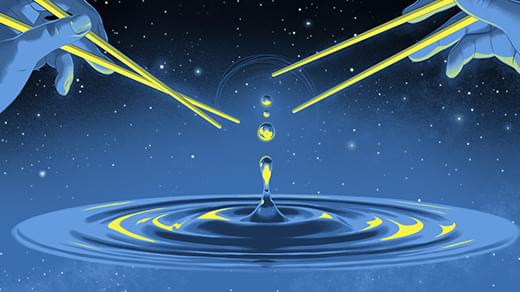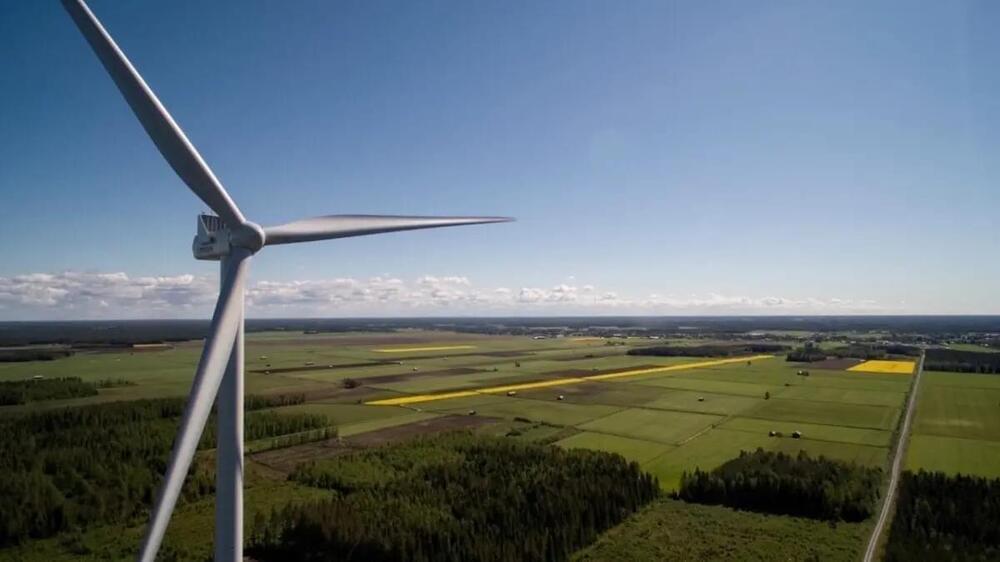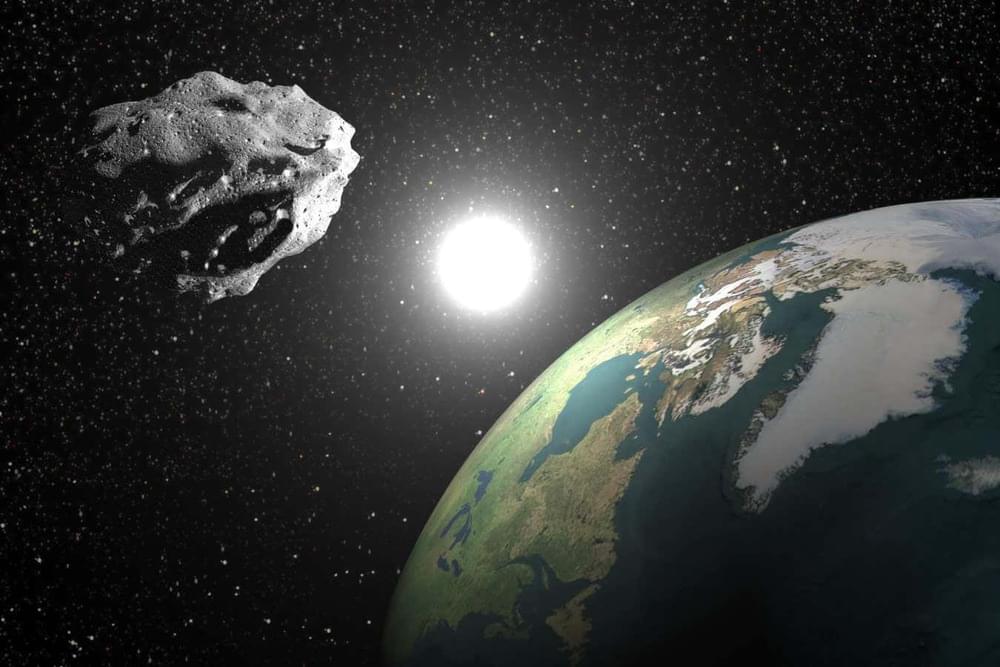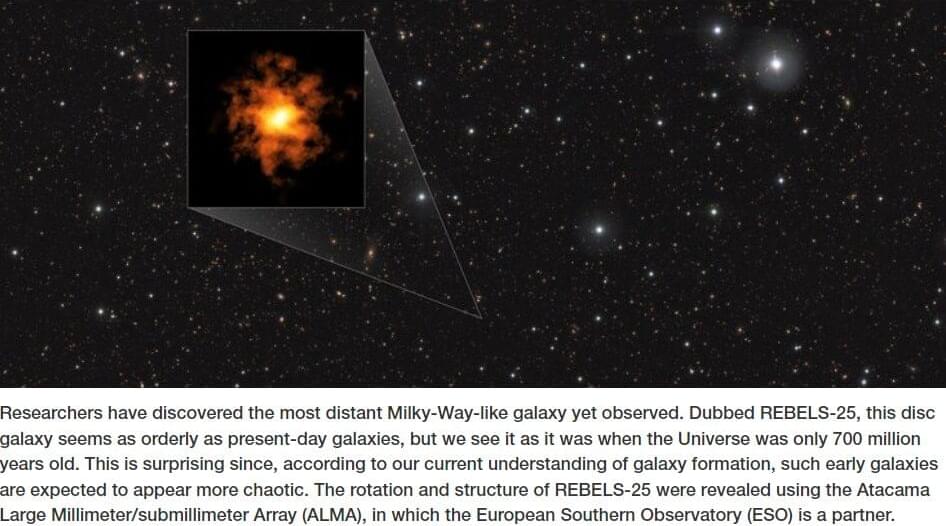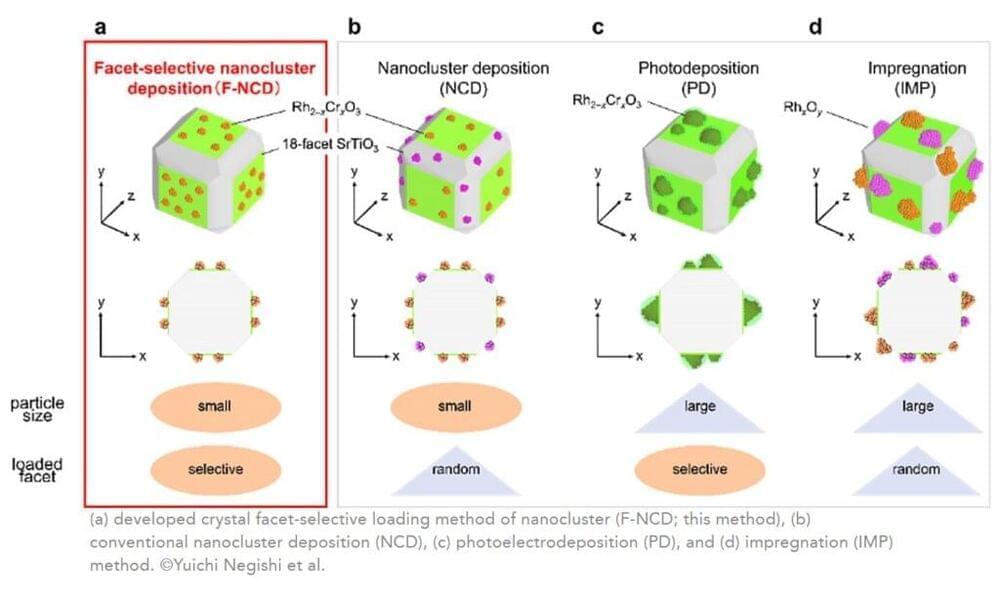Researchers have discovered the most distant Milky-Way-like galaxy yet observed. Dubbed REBELS-25, this disc galaxy seems as orderly as present-day galaxies, but we see it as it was when the Universe was only 700 million years old. This is surprising since, according to our current understanding of galaxy formation, such early galaxies are expected to appear more chaotic. The rotation and structure of REBELS-25 were revealed using the Atacama Large Millimeter/submillimeter Array (ALMA), in which the European Southern Observatory (ESO) is a partner.
The galaxies we see today have come a long way from their chaotic, clumpy counterparts that astronomers typically observe in the early Universe. “According to our understanding of galaxy formation, we expect most early galaxies to be small and messy looking,” says Jacqueline Hodge, an astronomer at Leiden University, the Netherlands, and co-author of the study.
These messy, early galaxies merge with each other and then evolve into smoother shapes at an incredibly slow pace. Current theories suggest that, for a galaxy to be as orderly as our own Milky Way – a rotating disc with tidy structures like spiral arms – billions of years of evolution must have elapsed. The detection of REBELS-25, however, challenges that timescale.
